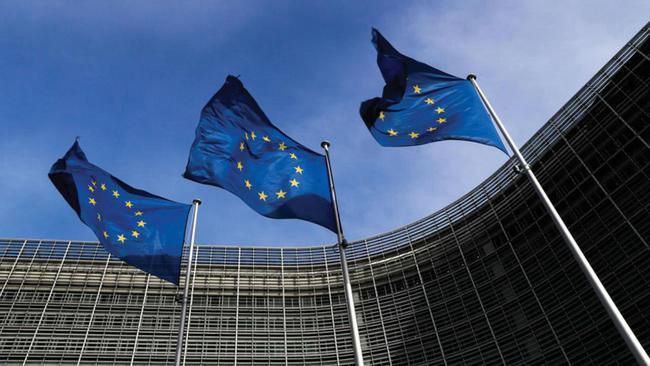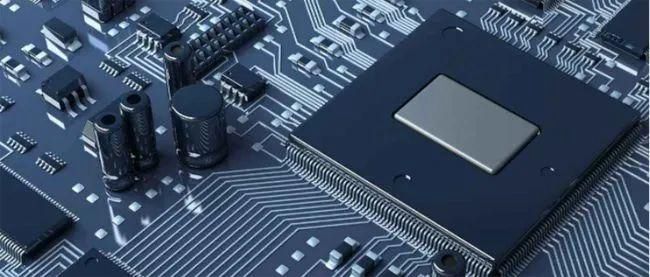Since the beginning of this year, the impact of chip shortage on the European auto industry has been worsening, and the "core shortage" crisis is spreading to consumer electronics and other areas. Industry insiders expect the chip shortage to persist even into next year. To this end, the EU plans to set up a "chip alliance", to invest heavily to achieve self-sufficiency in chips.
German carmaker Daimler has suspended production of Mercedes-Benz E-Class cars at its Sindelphingen plant since last week due to a shortage of chips, according to German media reports. Earlier, Germany's Volkswagen, Audi cars are due to chip shortages have appeared in varying degrees of production.
The "lack of core" crisis not only affected the global auto industry, but also quickly spread to other areas, affecting Apple, Samsung, HP and other consumer electronics companies.

A survey of thousands of companies by the Ifo Institute for Economic Research in Munich showed that 45 per cent of industrial companies complained of shortages of intermediate goods in April, a higher proportion than in the past.
Jens Oliver Niklasch, an economist at Baden-Wurttemberg Landesbank, said that while orders had surged, production had not, mainly because a lack of intermediate goods such as semiconductors had slowed production at many manufacturers.
Analysts at Korea Yadae Securities said the chip shortage was more severe for auto companies in the second quarter and could last longer, even into next year. Reinhard Poulos, CEO of German chip giant Infineon, also expects the chip shortage to continue into next year.
Analysts believe that the current chip shortage is closely related to the COVID-19 outbreak. On the one hand, the blockade measures lead to supply chain disruptions, and some chip products cannot be delivered as planned. On the other hand, a surge in demand for computers, smartphones and other electronic products caused by home work and online classes, coupled with a rapid recovery in auto demand, has kept global chip production capacity tight and chip supply short of demand.
In addition, a fire at a key plant of Japanese semiconductor giant Renesas Electronics Inc. in March and extreme weather in the U.S. semiconductor heartland of Texas in February have added to tight chip supplies.
The chip shortage crisis has made EU countries realize that over-reliance on Asian and American suppliers will make it difficult to guarantee supply chain security in crisis conditions. To do this, Europe's chronic underinvestment in chip production must be reversed and public funding increased to entice chip giants to set up factories in Europe.

European media recently revealed that the EU is considering setting up a "chip alliance" including STMicroelectronics, NXP, ASML and Infineon, in order to reduce import dependence in the context of a tight global semiconductor supply chain.
According to Thierry Breton, the European commissioner responsible for the internal market, the project aims to increase Europe's share of global semiconductor production to 20 percent by 2030, up from 10 percent now, with Europe's chip demand largely met by local production. The EU is willing to spend billions of dollars to lure Intel, Samsung or Taiwan Semiconductor to build high-end chip plants in Europe.
Intel is reportedly seeking €8bn in government subsidies from the EU to help it build a chip plant in Europe. Intel will make a decision by the end of the year. If all goes well, construction of the plant is expected to take two years. Intel hopes to become a major chip supplier in Europe by building a plant there.

